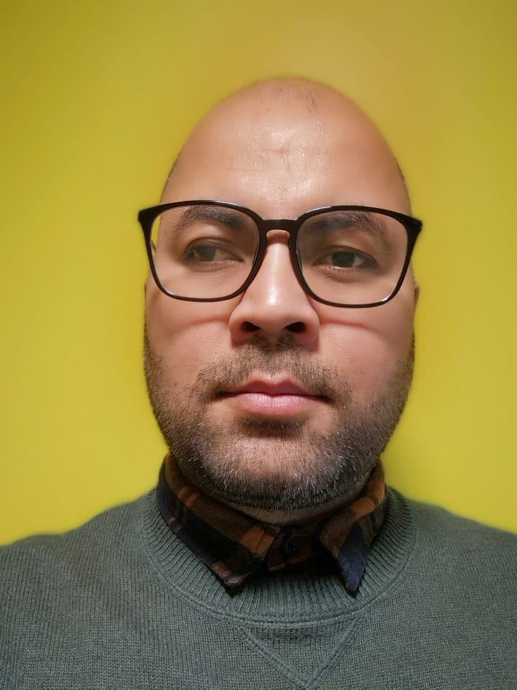Tid og sted for prøveforelesning
Bedømmelseskomité
- 1. Opponent: Førsteamanuensis Giuseppina Marsico, Universitetet i Salerno, Italia
- 2. Opponent: Professor Frode Guribye, Institutt for informasjons- og medievitenskap, Universitetet i Bergen, Norge
- Komiteleder: Professor Kenneth Silseth, Institutt for pedagogikk, Universitetet i Oslo, Norge
Leder av disputas
Professor Anne Line Wittek, Institutt for pedagogik, Universitetet i Oslo, Norge
Veiledere
- Professor Irina Engeness, Fakultet for lærerutdanning og språk, Høgskolen i Østfold, Norge
- Professor Anders Mørch, Institutt for pedagogikk, Universitetet i Oslo, Norge
Sammendrag
Aim and research questions:
The aim of this thesis was to examine joint teaching and learning activities, focusing on the role of digital technologies in mediating students' engagement in collective meaning-making processes. The goal was to understand how instructors' and students' agency are developed and enacted in both synchronous (online meetings) and asynchronous (discussion forums) contexts in an institutional massive open online course (MOOC). Three research questions were investigated:
i. How does instructor agency come into play when facilitating students' online collaborative learning activities?
ii. How does student agency unfold, and how is it mediated by technologies when students engage in online collaborative learning activities?
iii. How do instructor and student agency co-evolve, and why do they become so prominent in joint teaching and learning activities in online learning environments?
Analytical perspective:
The theoretical perspective and analytical framework of this thesis draw on the cultural-historical theory, incorporating key constructs such as Vygotsky's zone of proximal development (ZPD), Galperin's pedagogical phases, and Stetsenko's notion of collaborative practices. In this framework, agency is viewed as a socially mediated capacity for meaningful engagement in learning activities. This agency is nurtured and expanded through processes of collaborative meaning-making. Specifically, the thesis delves into three main areas of enquiry: (i) how the dialectical interrelationship between instructors engaging in facilitating and guiding students' learning and students' active engagement in learning evolves in online collaborative meetings (synchronous); (ii) how the relationship between instructors' professional agency in facilitating students' learning and agency in learning in course discussion forums (asynchronous) unfolds; and (iii) how the interrelationship between peer engagement unfolds and is mediated by digital technology (resources) in online collaborative (synchronous) meetings.
Methodological take:
Methodologically, this thesis uses a qualitative research enquiry. Three studies have been conducted to examine (i) how instructors' facilitation in online collaborative meetings is influenced by students' agency in learning, (ii) how instructors employ epistemic intervention strategies, and how these choices influence and are influenced by student agency in discussion forums, and (iii) how digital technology affects students' engagement in online collaborative learning. Primary data sources are video recordings of instructor-student and student-student interactions, and discussion forum posts, supplemented by MOOC post-course questionnaires.
Contributions:
This thesis makes important contributions to revealing the processes of developing and enacting agency in and through collaborative meaning-making activities. First, it reveals that agency comes into play when instructors and students engage collaboratively in developing an understanding of target concepts. Second, it employs the cultural-historical theory to analyse joint meaning-making activities in online collaborative learning environments. This approach is innovative and shows the potential usefulness of the cultural-historical perspective in the analysis of online learning. Third, it offers a pedagogical framework called the OECT framework to organise and promote collaborative teaching and learning activities that nurture agency in online teaching and learning.
Main findings and conclusions:
The main findings are that collaborative meaning-making activities are unique resources for developing agency and that the mobilisation of digital resources expands the possibilities for this development. These contributions have implications for designing online teaching and learning environments where both instructors and students develop and enact their agency in advancing conceptual understanding.
